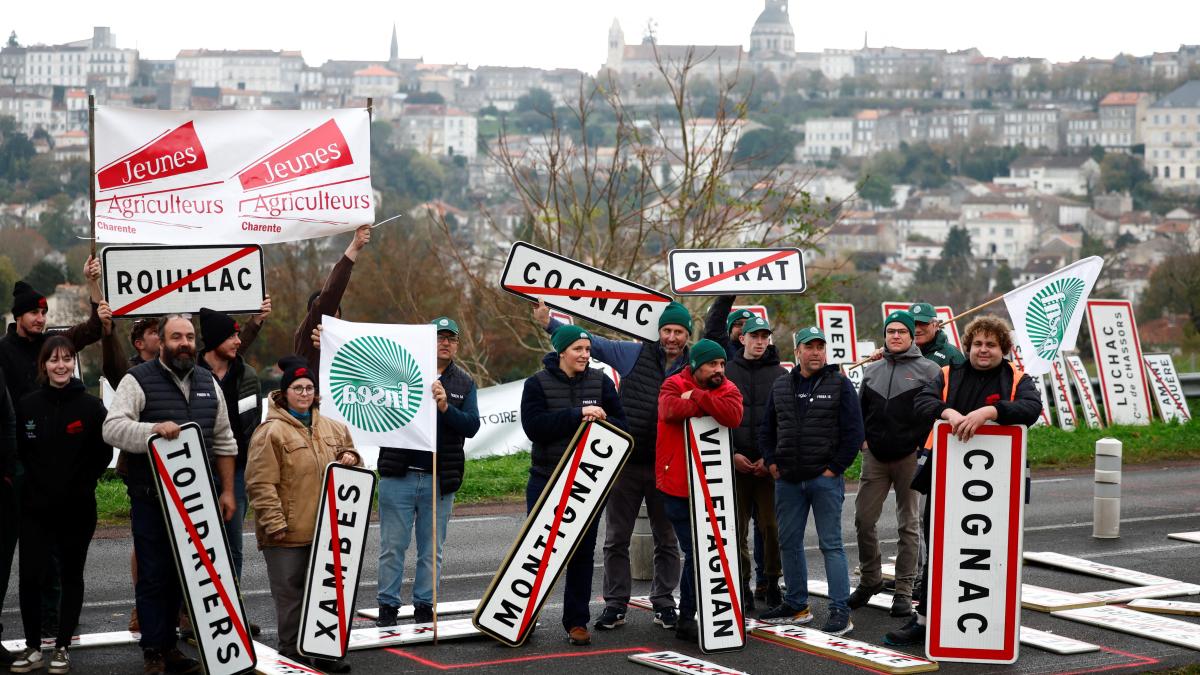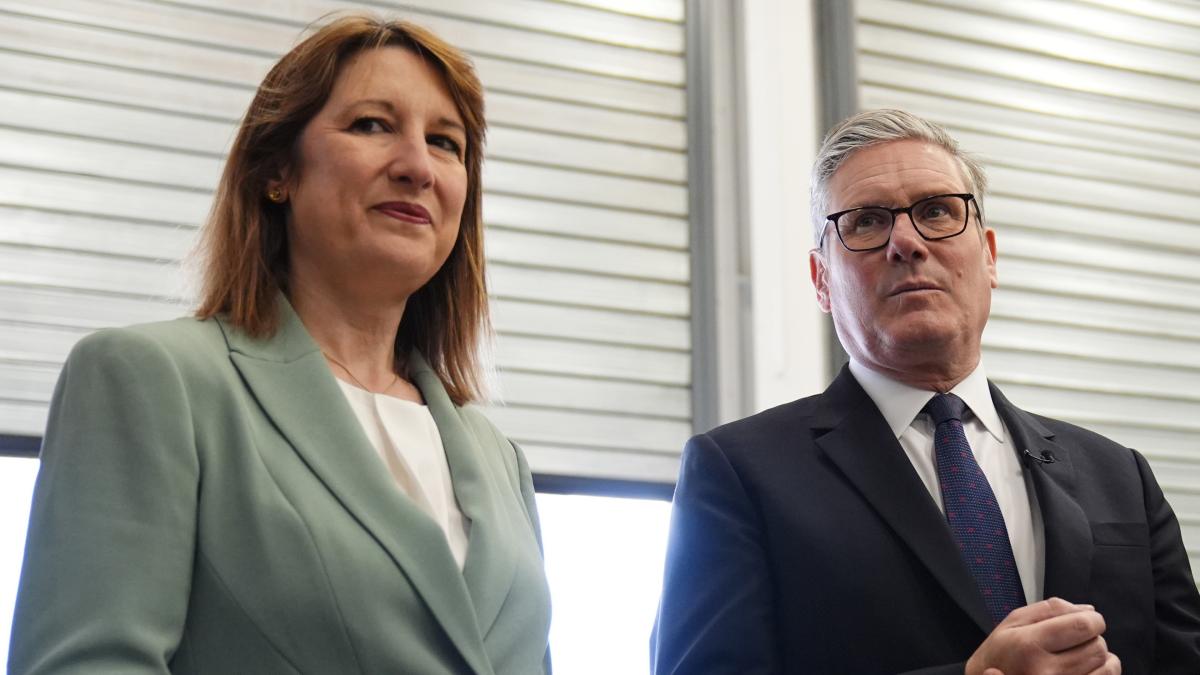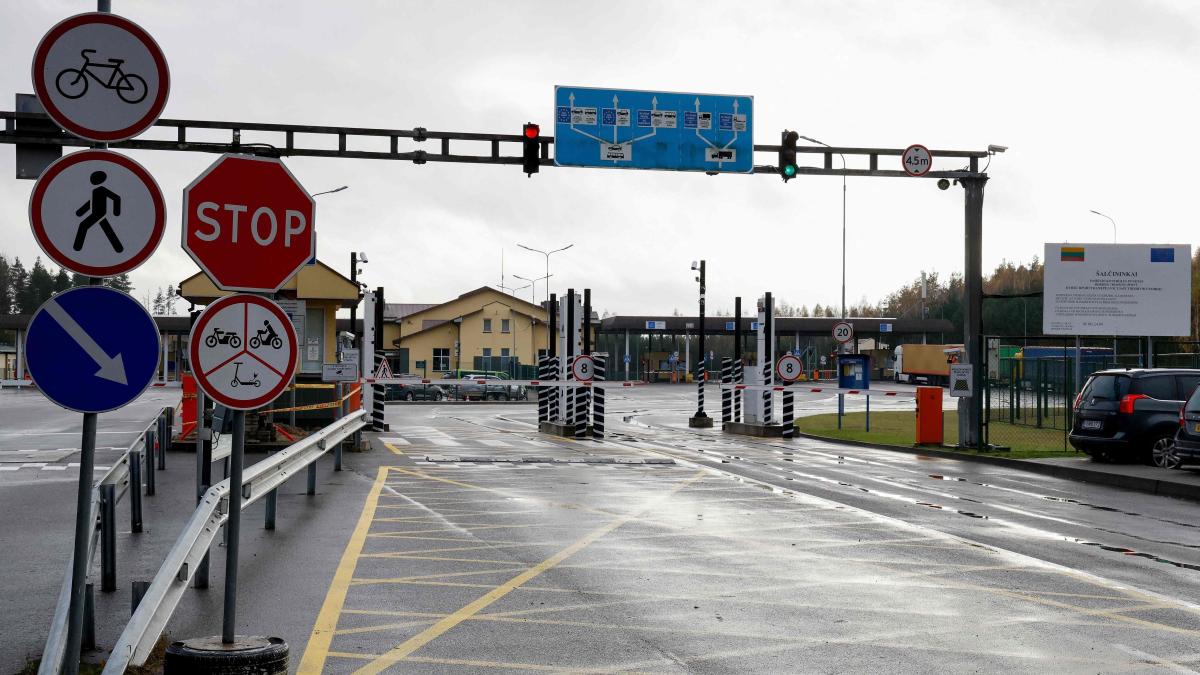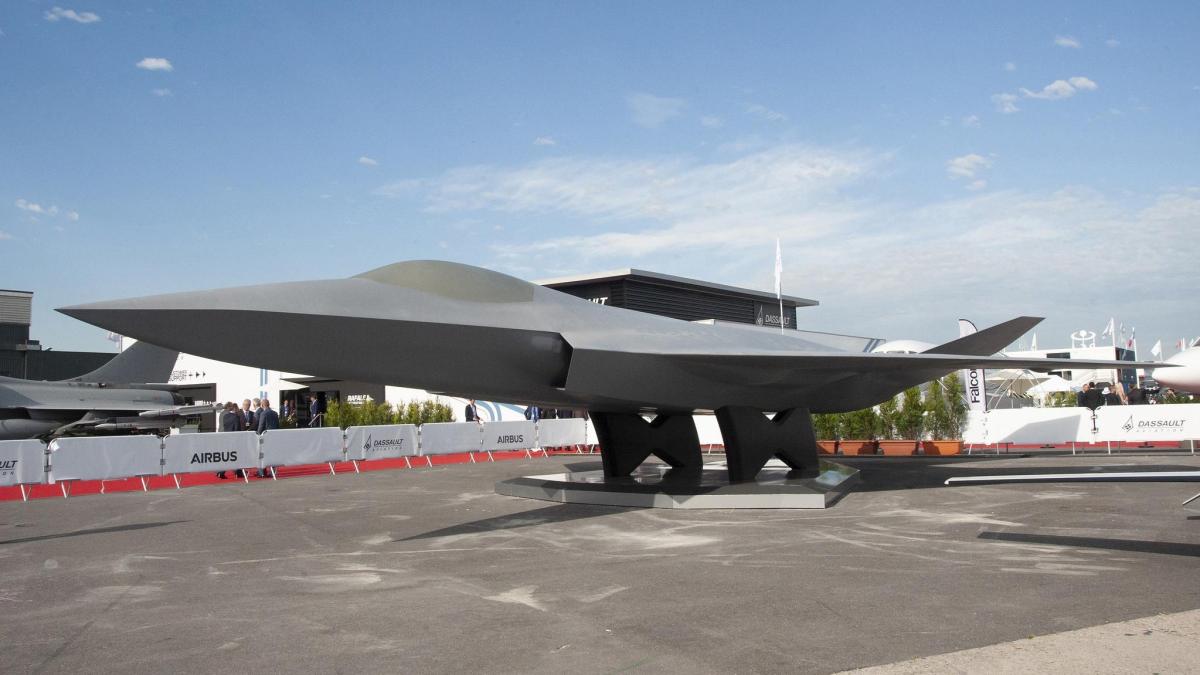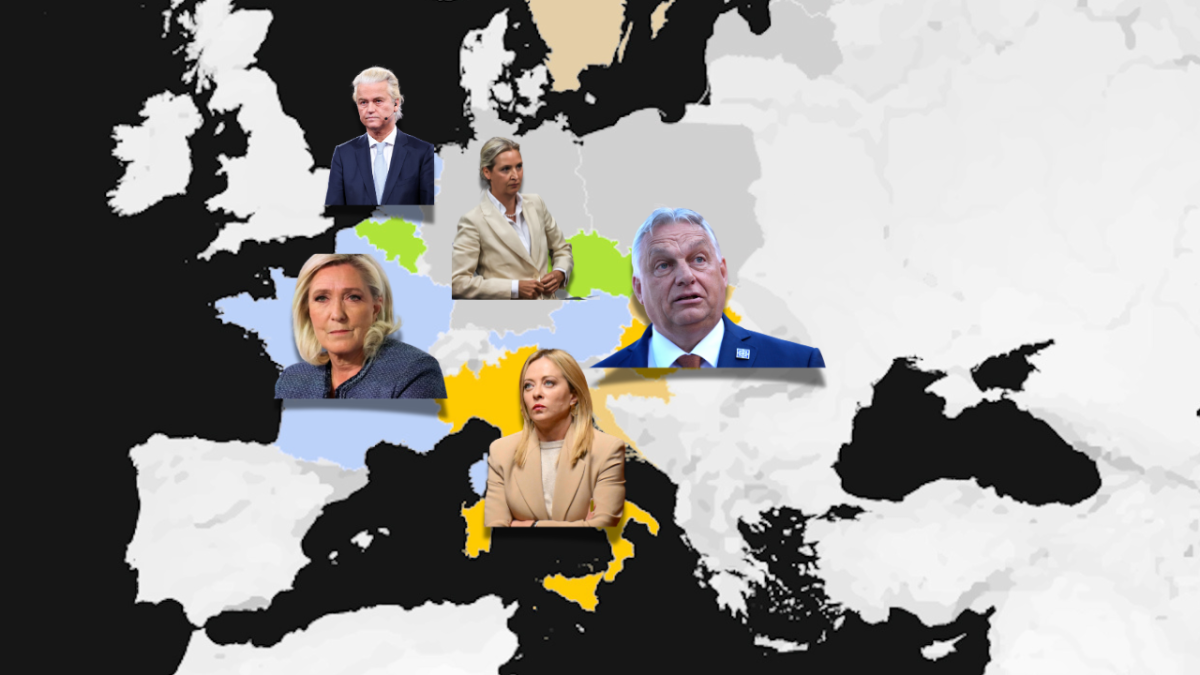French Farmers Rise Up Against Mercosur Trade Agreement
The bold sight of tractors blocking roads, roundabouts, distribution centers, and public buildings illustrates the indomitable spirit of France. Farmers and ranchers, engulfed in a storm of frustration, reignited their protests yesterday with coordinated actions across the nation, directing their ire at the government for its shattered promises. Their primary fervor, however, centers around thwarting the European Union’s attempts to forge a free trade agreement with Mercosur, the economic coalition of Brazil, Argentina, Uruguay, and Paraguay.
Coinciding with the G-20 summit in Rio de Janeiro, these protests reverberated across French cities. Despite President Emmanuel Macron’s declaration just days prior—which echoed his opposition to the Mercosur agreement and a pledge to rally support against it—voices from Italy joined the chorus. Italian Minister of Agriculture Francesco Lollobrigida shattered previous consensus by openly contesting the terms of the treaty.
The Rift: Farmers vs. Government and International Trade
French agricultural professionals express profound distrust about the potential for the agreement to safeguard their interests. Their platform highlights a glaring concern: foreign competition flooding the market with cheaper products that lack the stringent health guarantees mandated in France—specifically regarding the use of hormones, antibiotics, and harmful fertilizers.
Recent actions included erecting pickets on the Belgian border and instigating traffic slowdowns on critical highways like the N-118, which leads to Paris. In a twist of creativity, signs naming towns were replaced by the names of South American cities, demonstrating the farmers’ resolve and ingenuity. As tensions escalate, imminent blockades were announced on major thoroughfares, including the A-9 motorway interconnected with Spain, signaling a surge in unrest.
Political Dynamics: An Opportunistic Shift?
While politicians across the spectrum publicly support the farmers’ stance against the Mercosur agreement, this attitude may carry veiled motives. The agreement has stumbled as many officials exploit it as a convenient scapegoat for their own ineffective national policies that have gradually eroded competitiveness. Thus, it serves as a potent diversion from their accountability towards the agricultural sector’s deterioration.
Notably, dissenting voices are rare within political discussions. Prominent figures like Jean-Luc Demarty, former EU Director-General for Foreign Trade and Agriculture, have publicly criticized the hysteria surrounding the pact, calling the debate ‘irrational’ and driven by visceral emotions. He asserts that the sectors truly endangered by the treaty are limited to a few—beef, poultry, and sugar—and emphasizes the potential economic windfall for the broader industry from reduced tariffs.
Behind the Protests: Worries and Motivations
At the crux of these protests lie complex factors driving farmers’ discontent. Recent surveys highlight that a staggering 53% express anxiety over income and the economic context, which is intrinsically linked to rising costs and market instability. About 35% of respondents articulated concern over regulations and public policies, particularly regarding the safety standards that the French agricultural community has fought hard to uphold over the years. Furthermore, environmental vulnerability due to climate change accounted for a significant worry among 25% of farmers.
In this volatile landscape, the unyielding voices of farmers echo a refusal to allow their heritage and livelihoods to be compromised by foreign interests, posing a significant challenge to policymakers who must navigate the treacherous waters of domestic and international expectations.
The Path Forward: A Balancing Act of Interests
The escalating clash between French farmers and the forces advocating for the Mercosur agreement has profound implications for Europe’s agricultural industry. As protests continue to unfold, the stakes could not be higher for all parties involved. Politicians and agricultural organizations must grapple with the repercussions of forging ahead with an agreement that could dramatically reshape the landscape of French farming and, consequently, food security across the continent.
Ultimately, the ongoing turmoil is a stark reminder of the often-overlooked narratives of those on the front lines—farmers whose identities and livelihoods are irrevocably intertwined with the land they cultivate. Listening closely to their grievances could provide critical insights not only into the future of agriculture in Europe but also into the very nature of the socio-political fabric that binds us all.

